Putting climate refugees on the international agenda
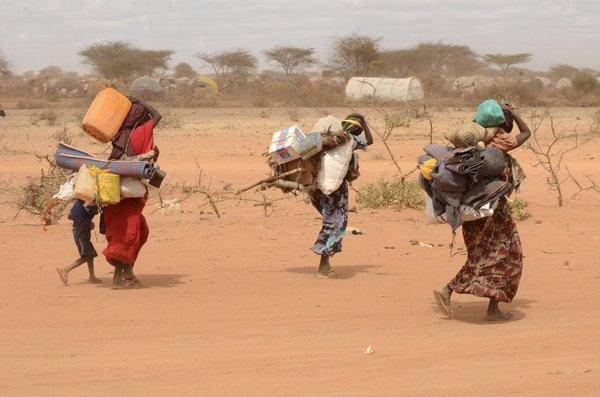
Switzerland is seeking international approval of an initiative, launched jointly with Norway, to improve the legal protection of people displaced as a result of natural disasters and the negative effects of climate change.
When more than 100 countries meet in Geneva on Monday and Tuesday, Switzerland can take some pride and confidence in presenting an “Agenda for the Protection of Cross-Border Displaced Persons in the Context of Disasters and Climate Change”.
“The agenda is a toolbox which describes the phenomenon, identifies protection gaps and shows effective practices already implemented to some extent at a regional level,” says Sabrina Dallafior, deputy head of the Swiss foreign ministry’s human security division.
She says three years of consultations around the world made it possible to put the issue of climate refugees on the international agenda, for instance at the United Nations conference on disaster risk reduction, at climate conferences and at next year’s World Humanitarian Summit.
“Our consultations have shown that there is increasing political willingness to act,” says Walter Kälin, expert on international law and envoy of the chairmanship of the Geneva-based Nansen InitiativeExternal link.
It might not be quite enough, but Kälin points out that governments in disaster-hit regions – eastern, western and southern Africa, Central and South America as well as Asia and the Pacific island regions – were keen to take political steps.
Kälin rules out a reform of the 1951 UN Refugee ConventionExternal link as there is no political consensus and because it is doubtful whether it would be practical.
“The problem of rising sea levels in the Pacific Ocean is not comparable with the problems of drought and famine in Africa,” he says.
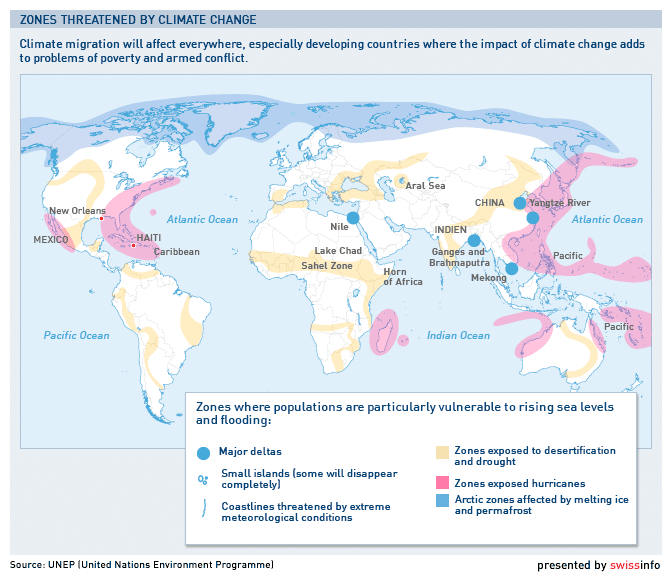
Instead, Kälin pleads for a regional approach by harmonising national legislations. “This is more helpful,” he believes. He also sees scope for improvement within the UN by stepping up coordination between the different agencies.
Stark figures
Natural disasters, including earthquakes, landslides and flooding, forced 14 million people to flee their homes between 2008 and 2014, according to experts. It is believed that on average, 26 million people become climate refugees every year.
“This is one person every second,” adds Kälin. “The figure even exceeds the number of refugees fleeing conflicts.”
Climate refugees could even be the refugees of the future. “Scientific forecasts leave little room for optimism,” says Kälin.
On the face of it, some regions of the world might be more immediately affected, but the people giving up their homes and fleeing their countries to seek refuge in Europe have made the climate refugees a global issue.
Besides, Kälin says natural disasters can strike on every continent and without much warning.
Scientists have no doubt that the number of natural disasters and the refugees will continue to increase in the near future.
“We in Switzerland and Europe can make sure to take necessary measures early enough to avoid humanitarian crises in the wake of a natural disaster,” he says.
The prevention includes evacuation from risk areas and resettlement programmes.
Consultation
The protection agenda is seen as a step to tackle one of the key humanitarian challenges of the 21st century.
In 2012, Switzerland and Norway jointly launched an intergovernmental process to better understand the displacement of people hit by disasters and the effects of climate change.
The aim of the three-year consultation with numerous countries and members of civil society around the world was also to better understand effective practices and existing experiences in the countries concerned, the Nansen initiative says.
Switzerland will step back from its leadership role in the initiative committee, but it will continue its commitment, together with a group of other countries.
“We have fulfilled our pledge made in 2011, but the issue will remain a priority of Switzerland’s foreign policy,” says foreign ministry official Dallafior.
Having made “considerable progress in raising awareness of the issue of climate refugees” as Kälin put it, Switzerland plans to push for the implementation of the measures, to be approved at the Geneva meeting on October 12/13.

In compliance with the JTI standards
More: SWI swissinfo.ch certified by the Journalism Trust Initiative









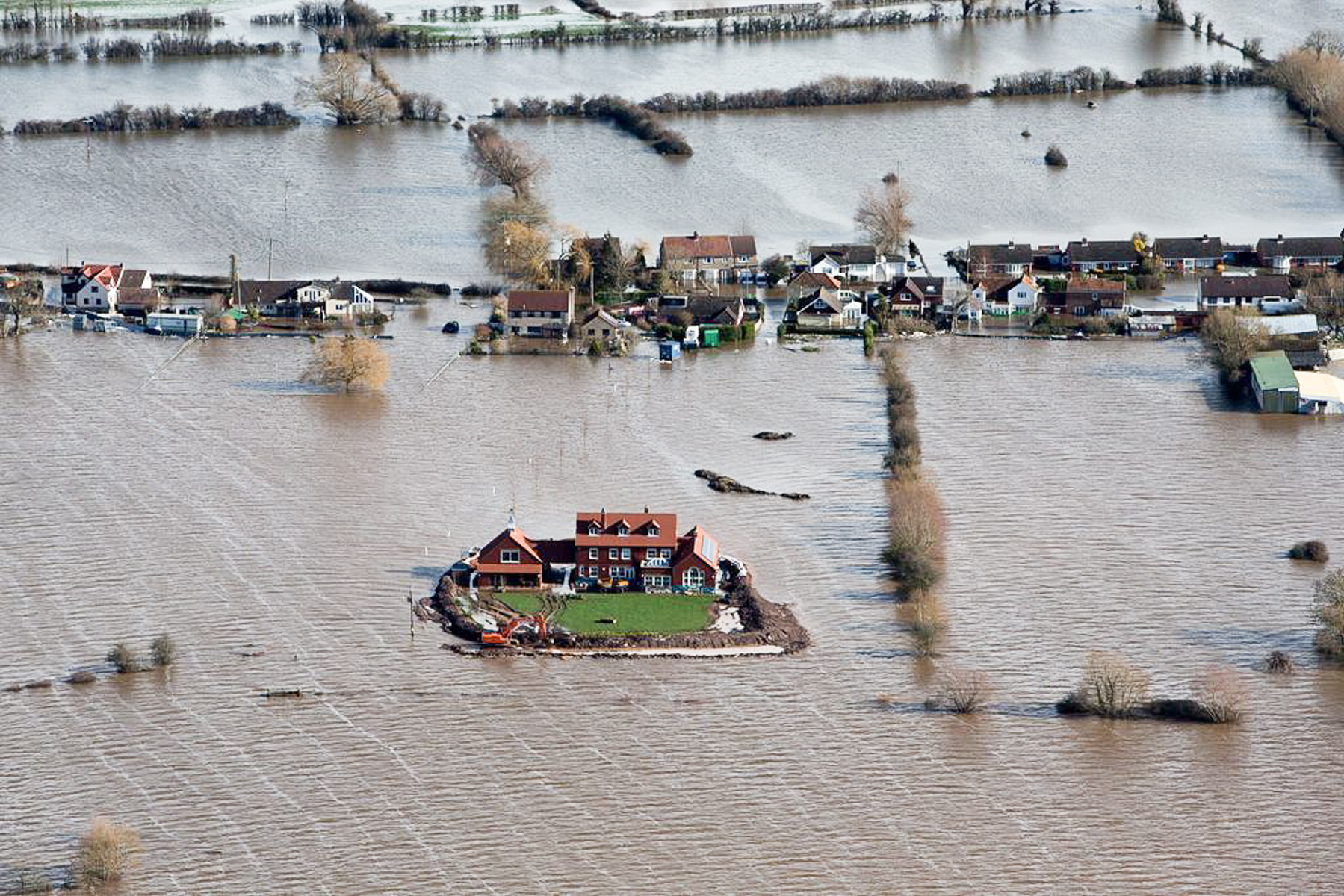
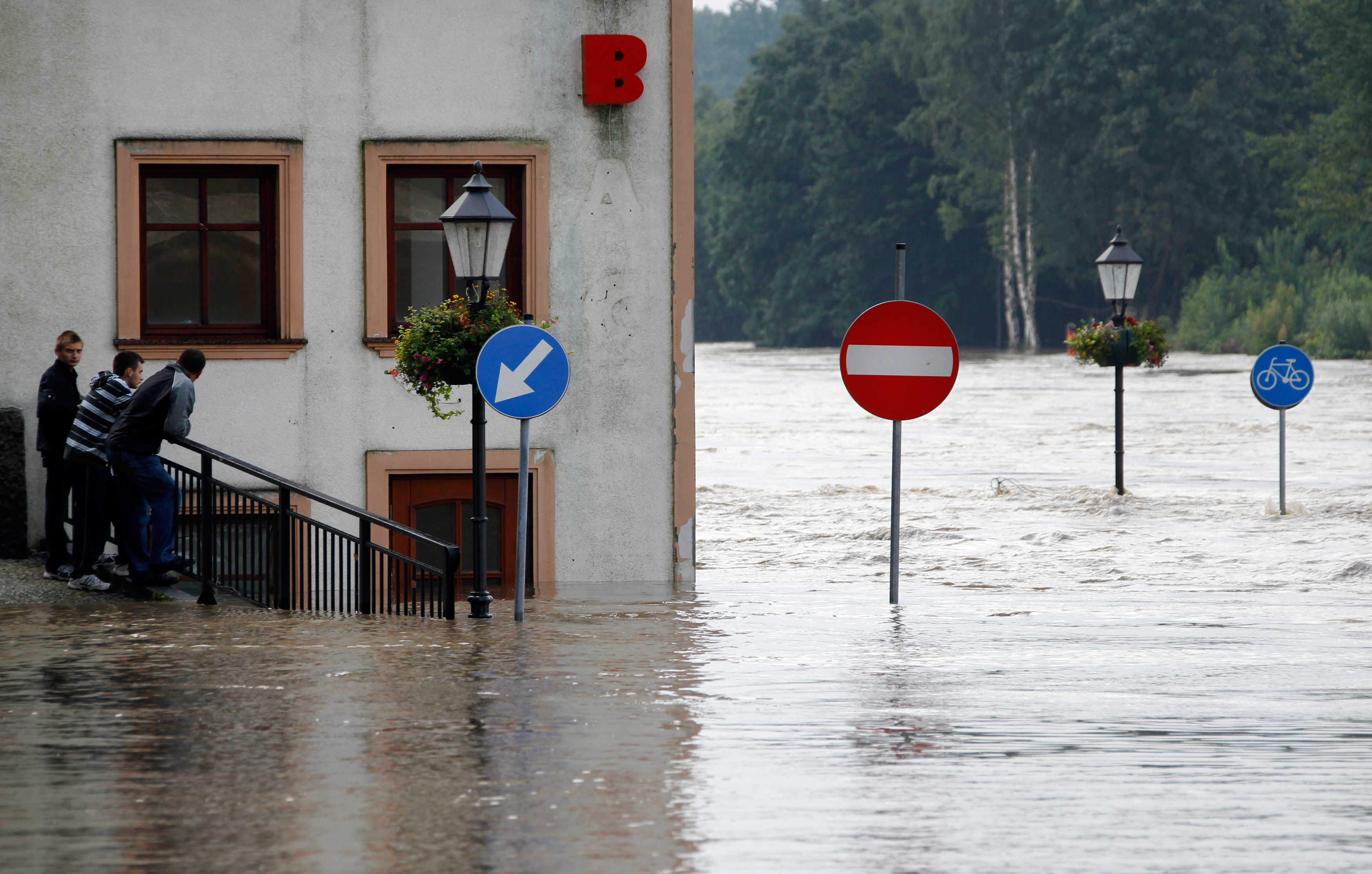
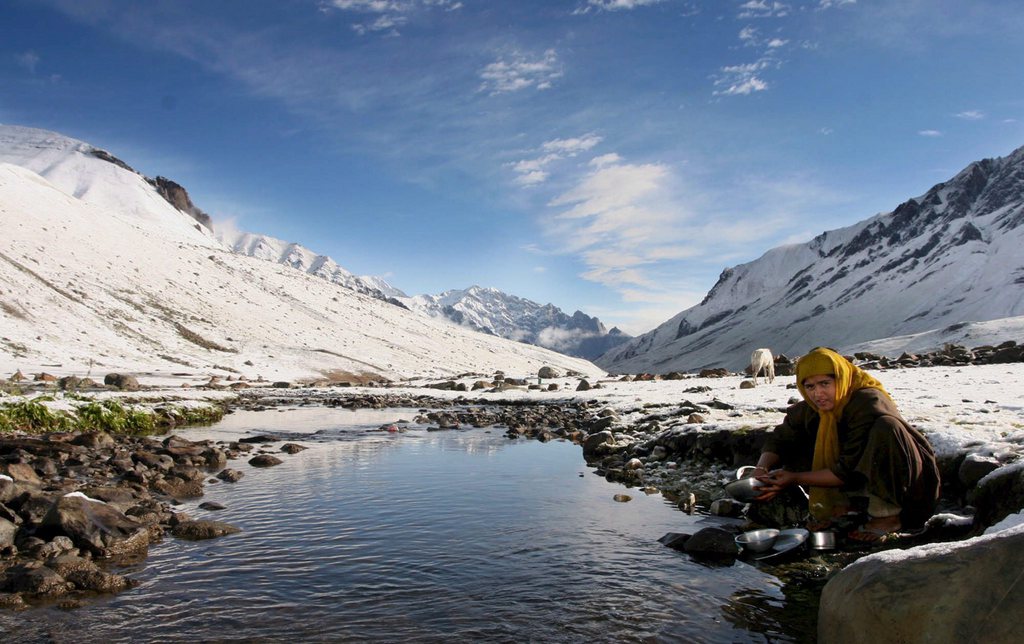

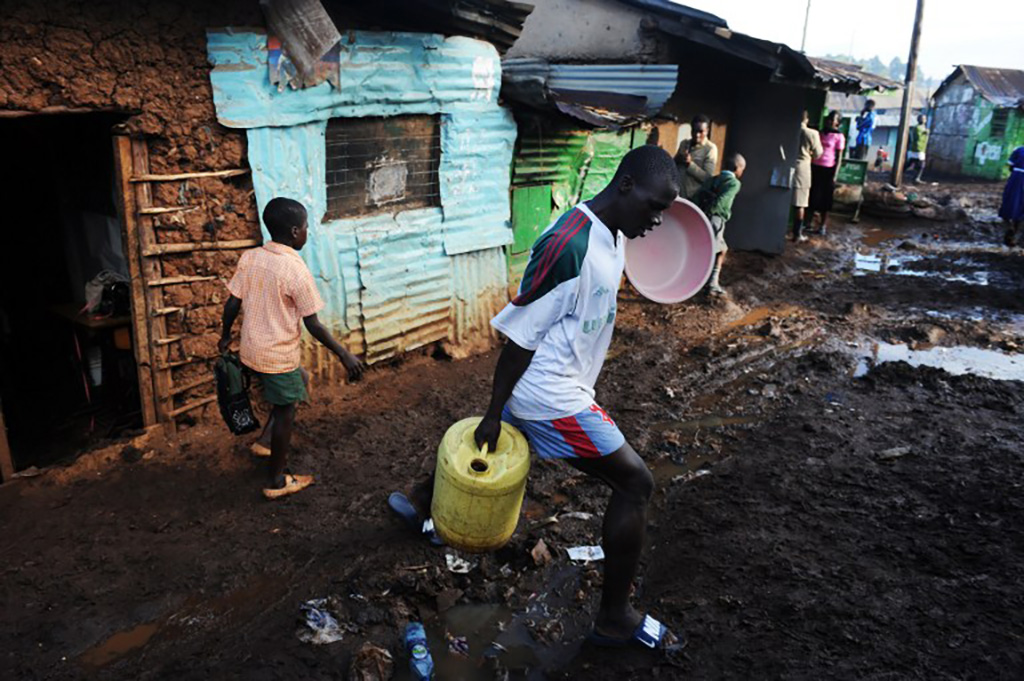
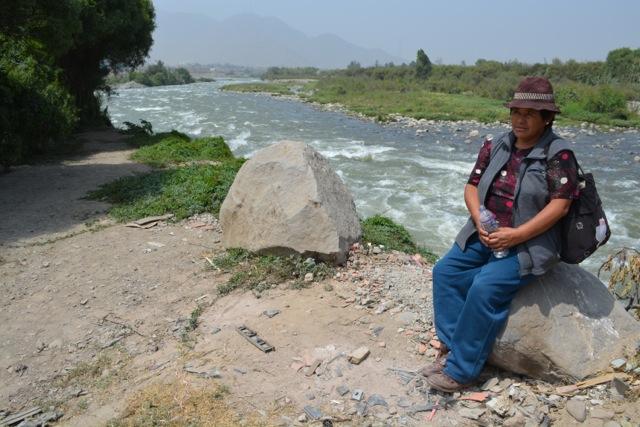

You can find an overview of ongoing debates with our journalists here . Please join us!
If you want to start a conversation about a topic raised in this article or want to report factual errors, email us at english@swissinfo.ch.